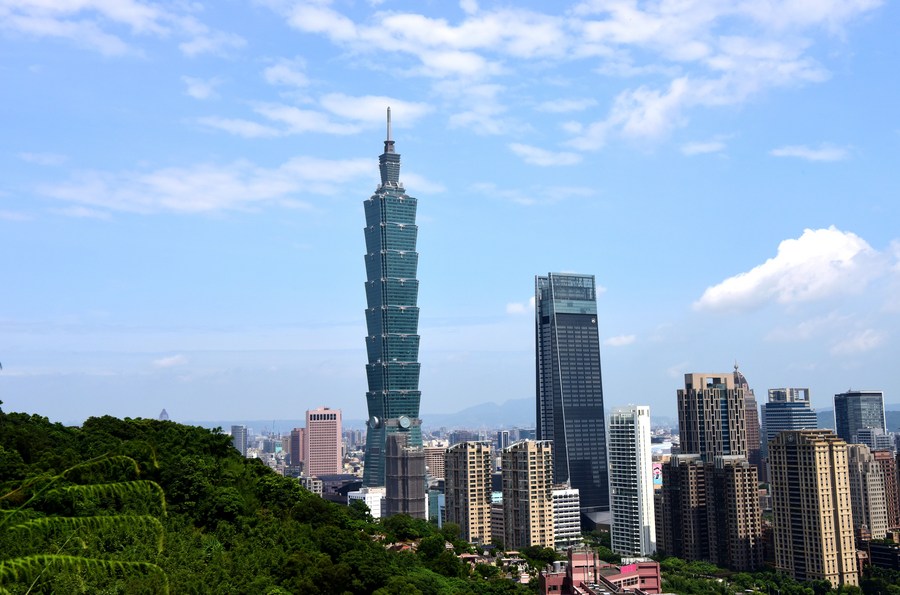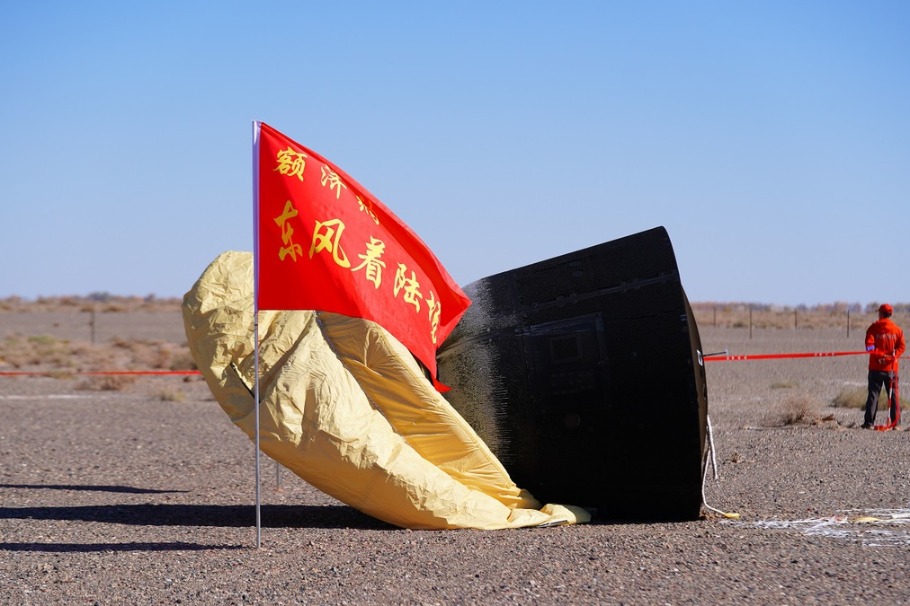Lessons of Lithuania's miscalculation: China Daily editorial


Given the provocative visits to Taiwan by European Parliament representatives, and the very damaging example Lithuania has set in its dealings with Taiwan, the remarks by the Slovenian prime minister are a concerning development that Beijing has to take seriously.
In an interview with the media, Janez Jansa revealed his government's plan to allow Taiwan to open a representative office in the Slovenian capital under the name "Taiwan", rather than "Chinese Taipei". As a spokesman for the Chinese Foreign Ministry said, this is "a dangerous statement in support of 'Taiwan independence'". As this is effectively an endorsement of the secessionist ambition of the ruling Democratic Progressive Party on the island, it is understandable that Beijing should be shocked by the proposal and "strongly opposed to it".
The Chinese Foreign Ministry has made it consistently clear that "no one should underestimate the strong determination, firm will and strong ability of the Chinese people to defend national sovereignty and territorial integrity". Should Slovenia proceed with the plan, it can expect the Chinese government to push back forcefully. Especially, as the remarks, coming so soon after Lithuania let the island open an office in Vilnius under such a name, suggest behind-the-scenes endeavors to maneuver a domino effect surrounding Taiwan.
Beijing rightly condemned Lithuania's move as a betrayal of the political commitments it had made in the communique on the establishment of bilateral diplomatic relations. It launched retaliations under WTO rules in response. As a result, Lithuanian firms and foreign-invested businesses in Lithuania have suffered dearly for their government's political miscalculation. The companies, which have lost hundreds of millions of euros, have reportedly been mounting pressure on the country's government to mend fences with China.
All countries with diplomatic relations with China, including Slovenia and Lithuania, have officially committed to upholding the one-China principle and pledged to develop no official ties with Taiwan. Beijing will make sure the consequences of any violation of this commitment will be keenly felt.
Stating his government's engagement with Taiwan is different from formal, official diplomatic relations, the Slovenian leader seems to believe he can play word games and get away with breaking his country's pledge without paying the price. But, as the Chinese Foreign Ministry made clear, that is not the case. If Slovenia does not honor its commitments, there will be consequences, and the consequences will be serious.
Considering the Slovenian leader's mistaken interpretation of the nature of the relations across the Taiwan Straits, as well as his personal support for internationalizing the Taiwan question, chances are the consequences of his government's approach to Taiwan will be harsher than it anticipates.


































